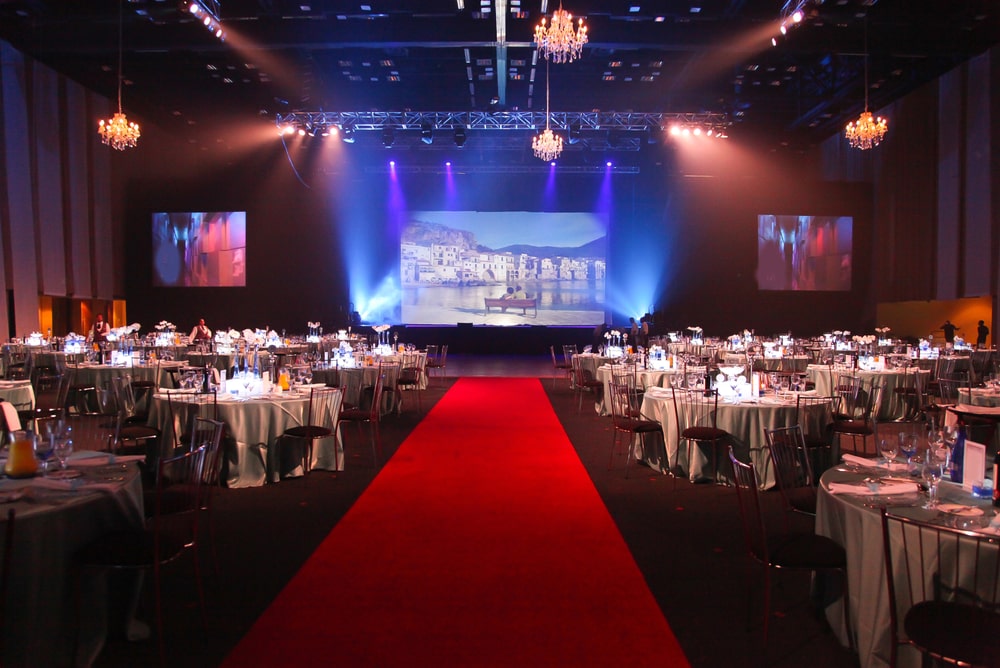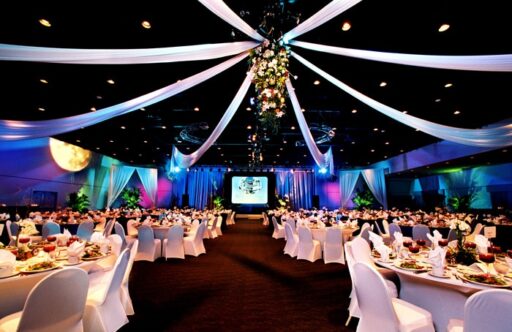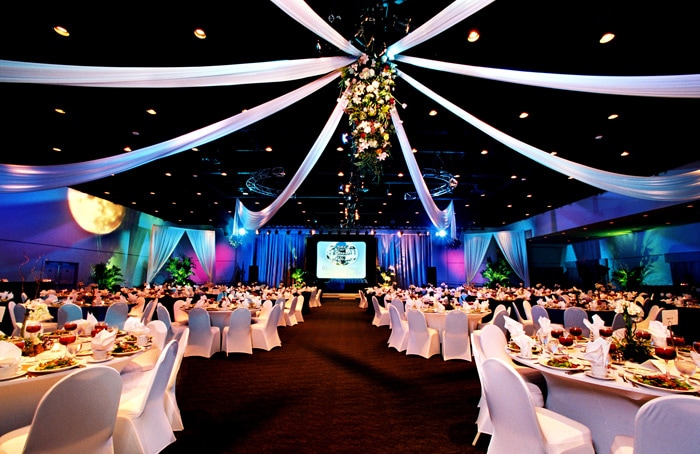Planning a corporate event can be both exciting and challenging. Whether it’s a product launch, team-building retreat, annual conference, or client appreciation dinner, one of the most important decisions you’ll make is choosing the perfect venue.
The right corporate event venues set the tone, support your event’s goals, and ensure a memorable experience for attendees. Here’s a comprehensive guide to help you select the ideal location for your next corporate gathering.
Understand Your Event’s Purpose and Audience
Before diving into venue options, clarify the purpose of your event. Are you aiming to educate, celebrate, network, or motivate? The type of event will heavily influence the venue style. For example:
- A formal awards ceremony might call for an elegant ballroom or hotel conference center.
- A creative brainstorming session may benefit from a more relaxed, unconventional space.
- A large-scale conference requires a venue with ample seating, breakout rooms, and technical support.
Knowing your audience is equally important. Consider their expectations, comfort, and accessibility needs. A venue close to major transportation hubs or with ample parking can significantly improve attendance and satisfaction.
Set a Realistic Budget
Budget is often the biggest constraint when selecting a venue. You need to factor in not only the rental fee but also associated costs such as:
- Audio-visual equipment rental
- Catering services
- Decoration and branding
- Parking or shuttle services
- Security and cleaning fees
Having a clear budget upfront will help you narrow down your options and avoid surprises later. Be sure to ask about what is included in the rental fee and what costs are additional.
Consider Location and Accessibility

The venue’s location should be convenient for the majority of your attendees. If your event attracts international guests, proximity to airports and hotels is crucial. For local events, consider ease of access via public transportation and roadways.
Additionally, ensure the venue complies with accessibility standards for guests with disabilities. Features like ramps, elevators, accessible restrooms, and reserved parking spots make your event inclusive and professional.
Evaluate Venue Capacity and Layout
Estimate the number of attendees and choose a venue that comfortably accommodates them. Don’t forget to consider:
- Seating arrangements (theater style, banquet, classroom)
- Space for networking or breakout sessions
- Areas for registration, food service, and entertainment
A venue that’s too small will feel cramped and uncomfortable, while one that’s too large may feel empty and lack atmosphere.
Assess Technology and Amenities
Modern corporate events often rely on technology. Check if the venue provides:
- Reliable high-speed Wi-Fi
- Audio-visual equipment (projectors, microphones, screens)
- Technical support staff on-site
- Adequate power outlets and charging stations
Other amenities to consider include on-site catering, lounges, outdoor spaces, and coat check facilities.
Visit the Venue in Person
Photos and virtual tours can give you a sense of a venue, but nothing beats an in-person visit. Walk through the space to check lighting, acoustics, cleanliness, and flow between rooms. Meet with the venue coordinator to discuss your event’s specific needs and ask about any restrictions (e.g., noise limits, décor rules).
Review Terms and Policies Carefully
Before signing any contracts, read the fine print. Pay attention to:
- Cancellation and refund policies
- Payment schedule and deposits
- Insurance requirements
- Liability and damage clauses
- Overtime charges
Clear communication and understanding prevent last-minute issues and ensure a smooth event.
Get Feedback and Recommendations
Ask colleagues, event planners, or industry peers for recommendations. Reading online reviews can also provide insights into the venue’s reliability and quality. If possible, attend another event at the venue to observe how it operates in real-time.
Final Thoughts
Choosing the perfect venue for your corporate event requires thoughtful planning and research. By understanding your event’s objectives, setting a clear budget, and considering key factors like location, capacity, technology, and policies, you’ll find a venue that supports your goals and impresses your guests. Remember, the right space is not just about aesthetics, it’s about creating an environment that fosters connection, engagement, and success.


